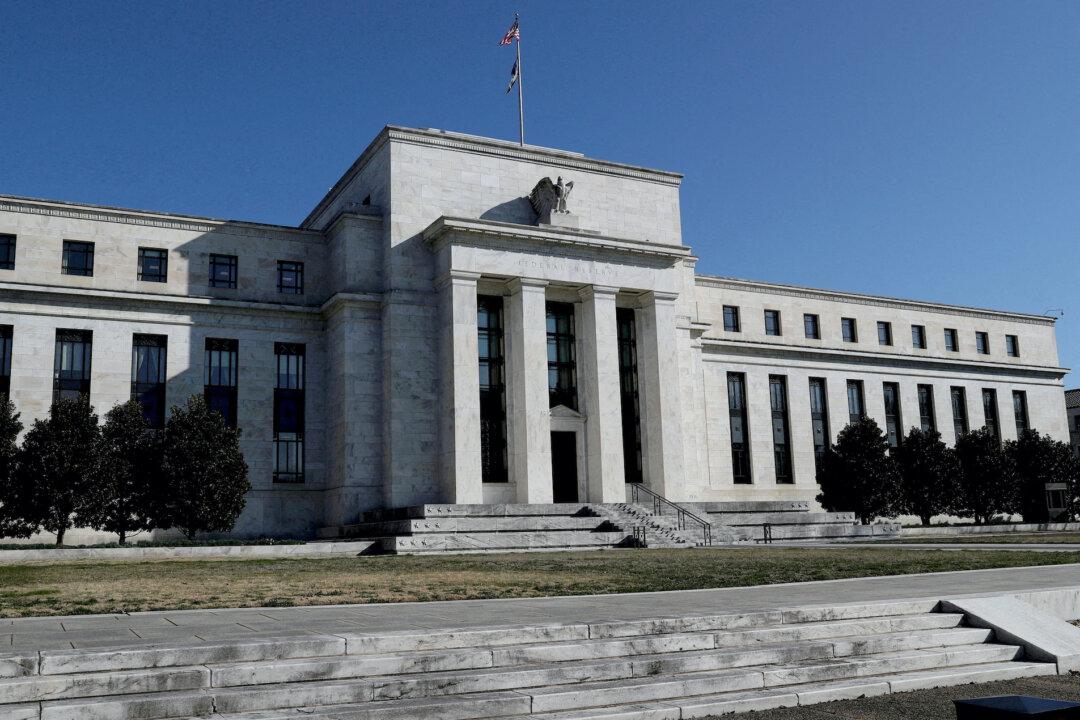The inflationary environment gripping the U.S. and global economies was driven by central banks worldwide distorting the economy through fiat credit expansion, resulting in sky-high inflation and financial bubbles, according to David Stockman, the former director of the Office of Management and Budget under President Ronald Reagan.
During the coronavirus pandemic in 2020 and 2021, governments and central banks unleashed immense fiscal and monetary stimulus and relief packages, flooding the marketplace with trillions in liquidity. Then, after claiming that high inflation was transitory, policymakers abandoned this view, reversed course, and raised interest rates from historically low levels.






